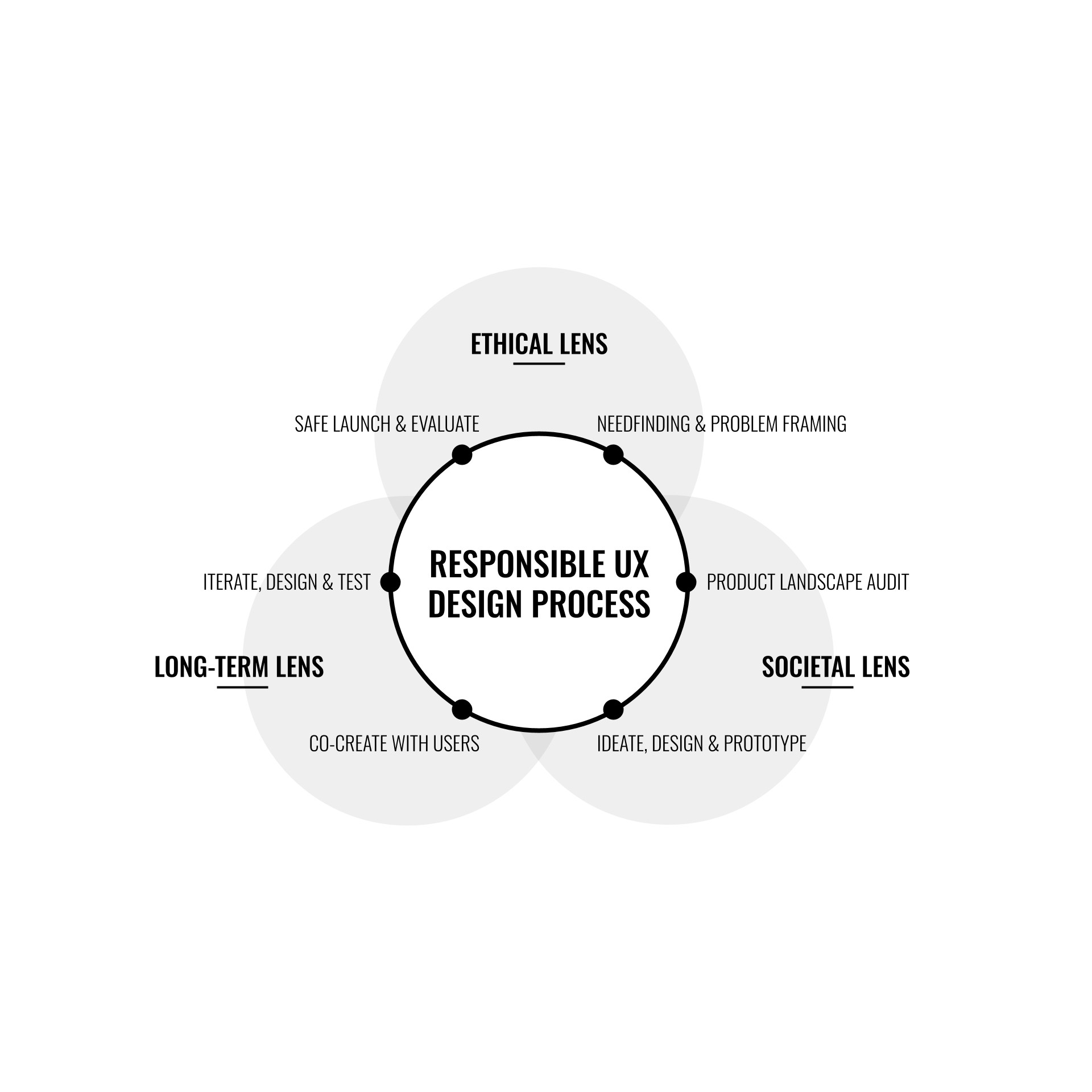User Experience Research and Prototyping Processes
Being successful in user experience (UX) design begins with understanding users' needs and determining how products can meet those needs. Therefore, user experience research and prototyping processes are fundamental pillars of design. In this text, we will discuss the importance of user experience research and prototyping processes and how they can be effectively conducted.
1. User Experience Research:
User experience research encompasses studies conducted to understand users' needs, preferences, and behaviors. These studies often involve observing users' real-world interactions, conducting interviews with users, administering surveys, and employing other qualitative and quantitative research techniques. This process ensures that the design is user-centric and helps the product meet the real needs of users.
2. Prototyping Processes:
Prototyping processes are essential steps that allow design ideas to be realized. Prototypes are used to evaluate the functionality, usability, and impact of the design. In this process, paper prototypes, digital prototypes, and even fully functional prototypes can be created. Prototyping accelerates the product development process and reduces costs by enabling rapid feedback and design iteration.
3. Prototyping Tests and Iterations:
Created prototypes are tested with users, and feedback is collected. This feedback is used to identify and improve the design's weaknesses. The data obtained from prototype testing serves as the basis for the design's subsequent iterations. These iterations enable the continuous improvement of the prototype based on user feedback.

